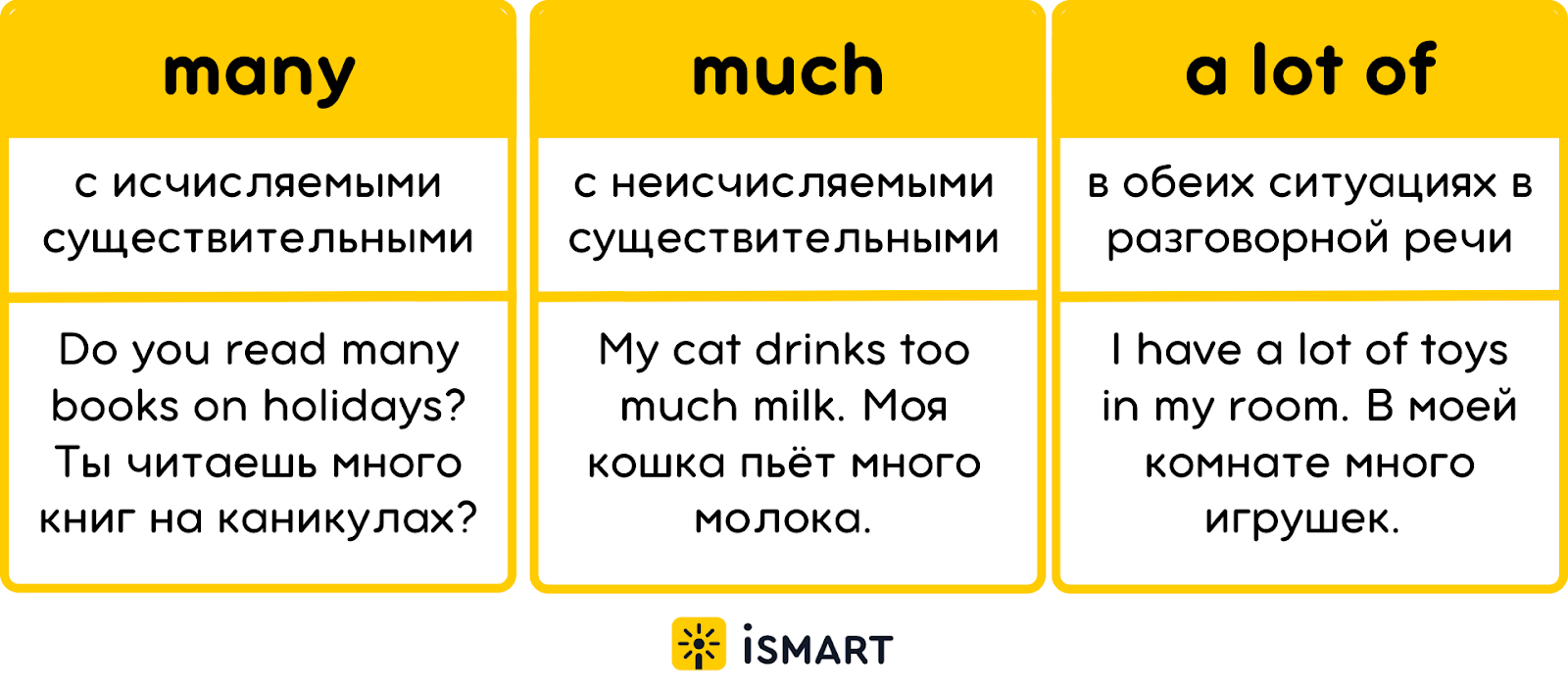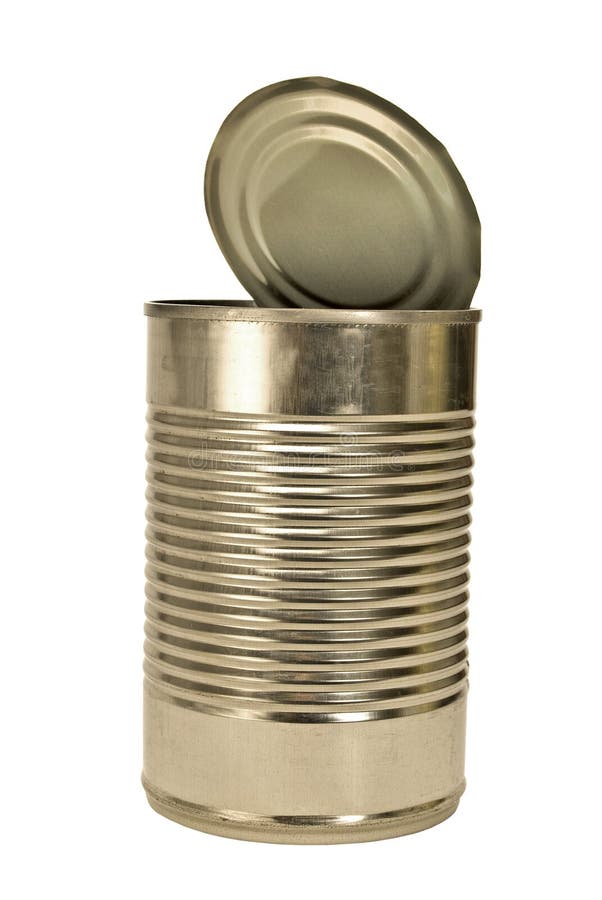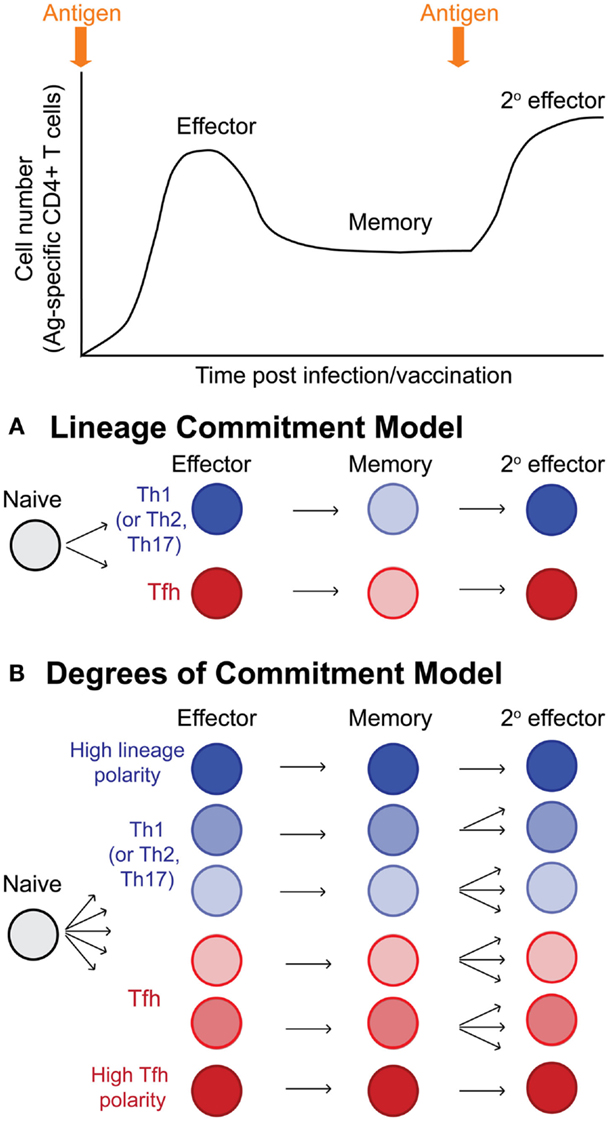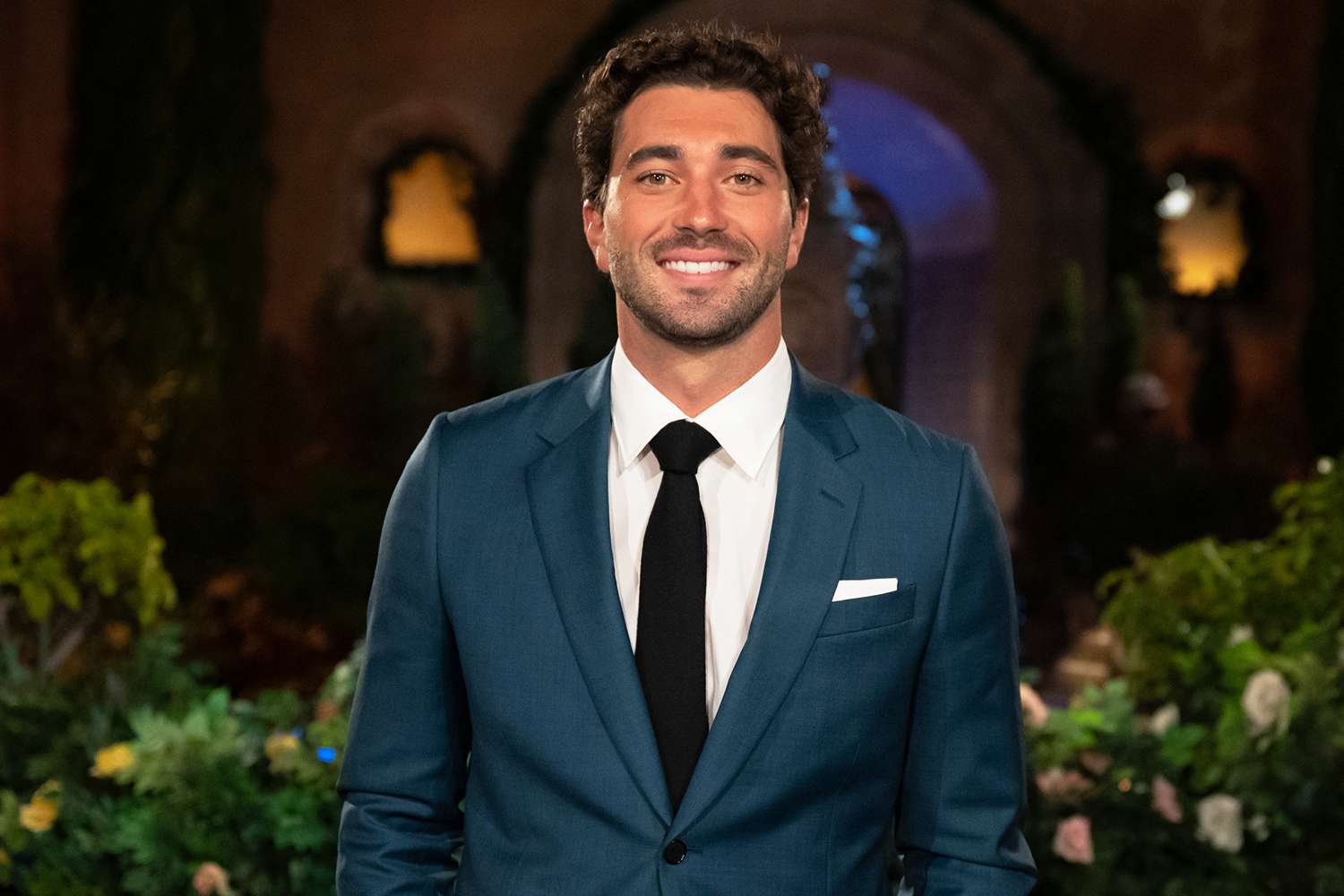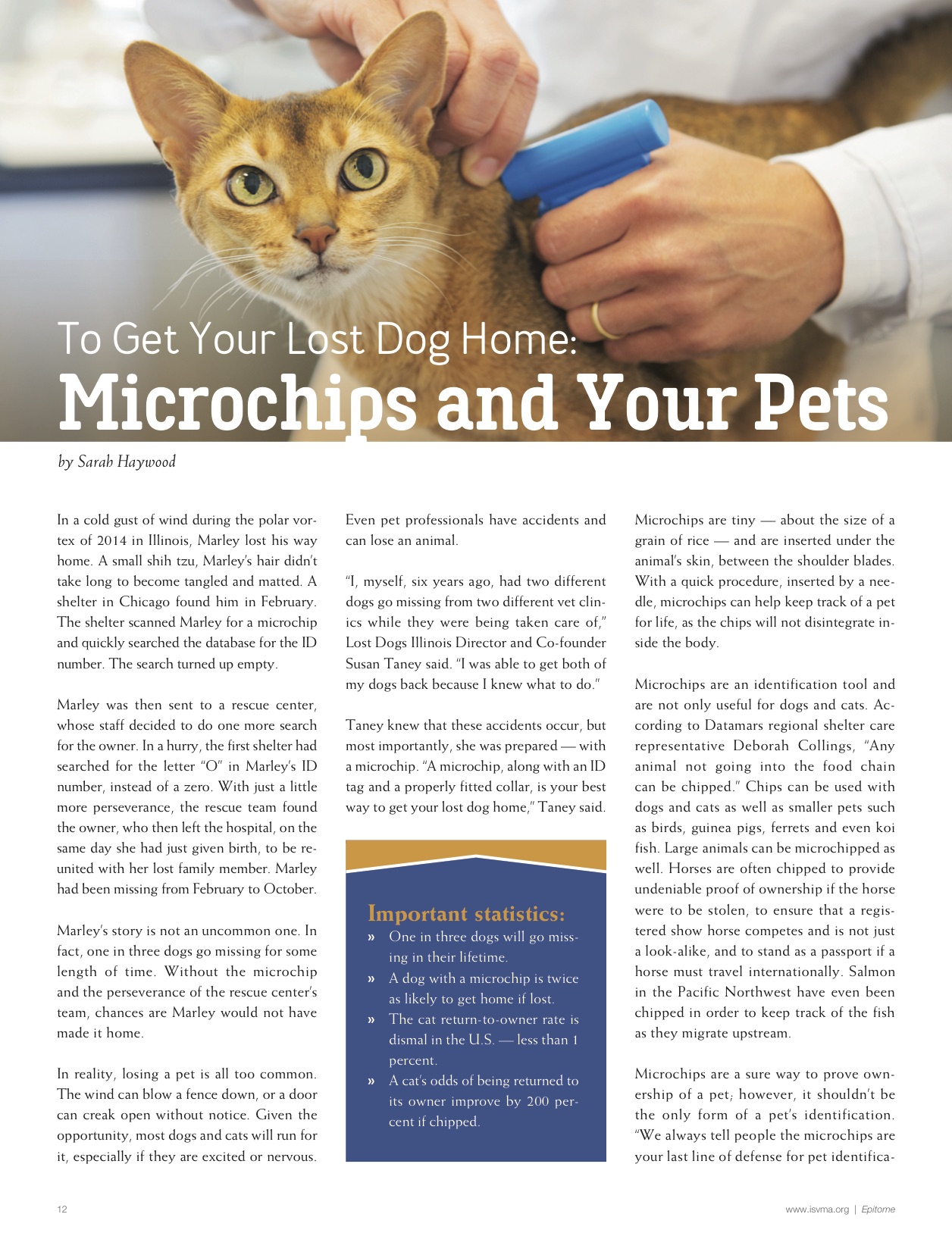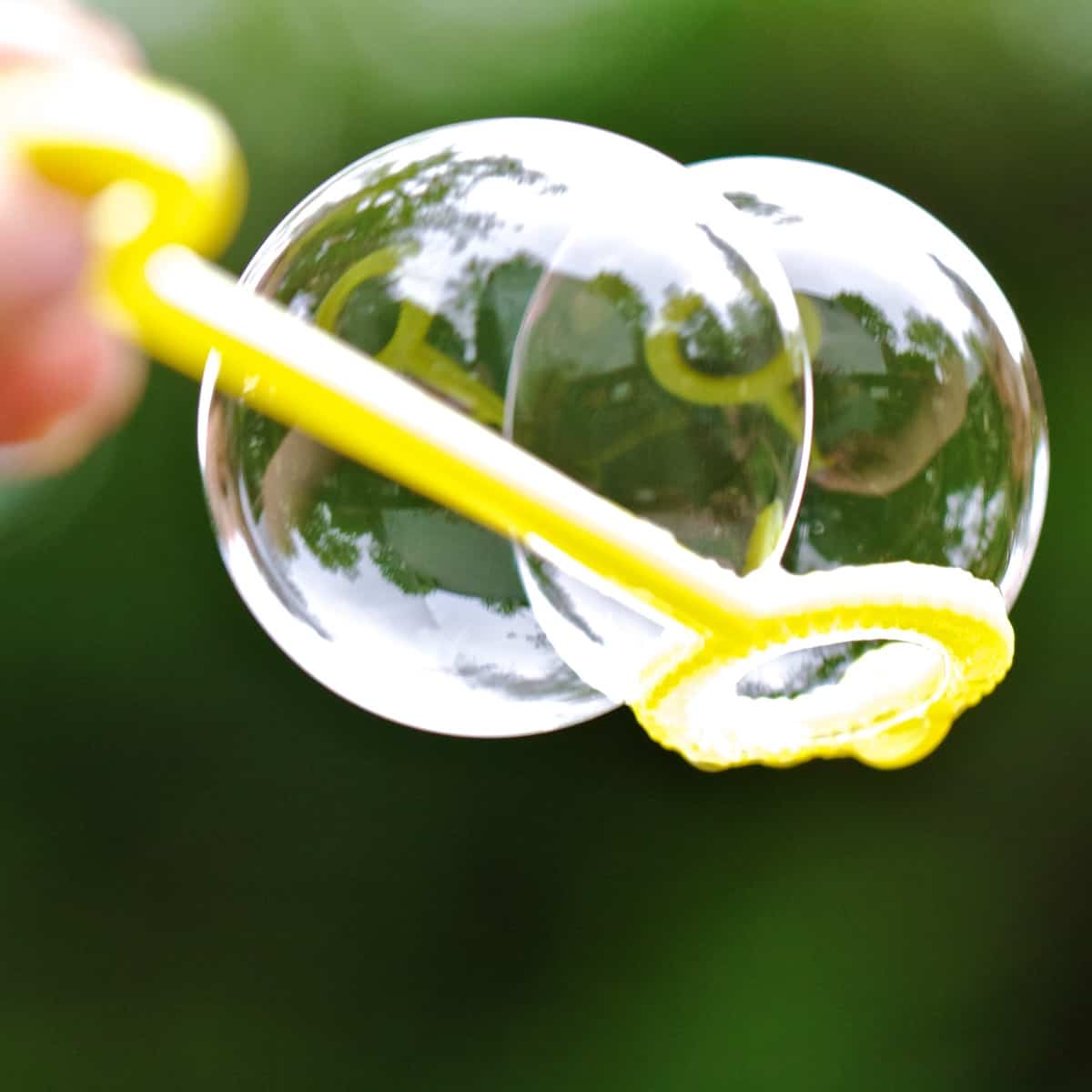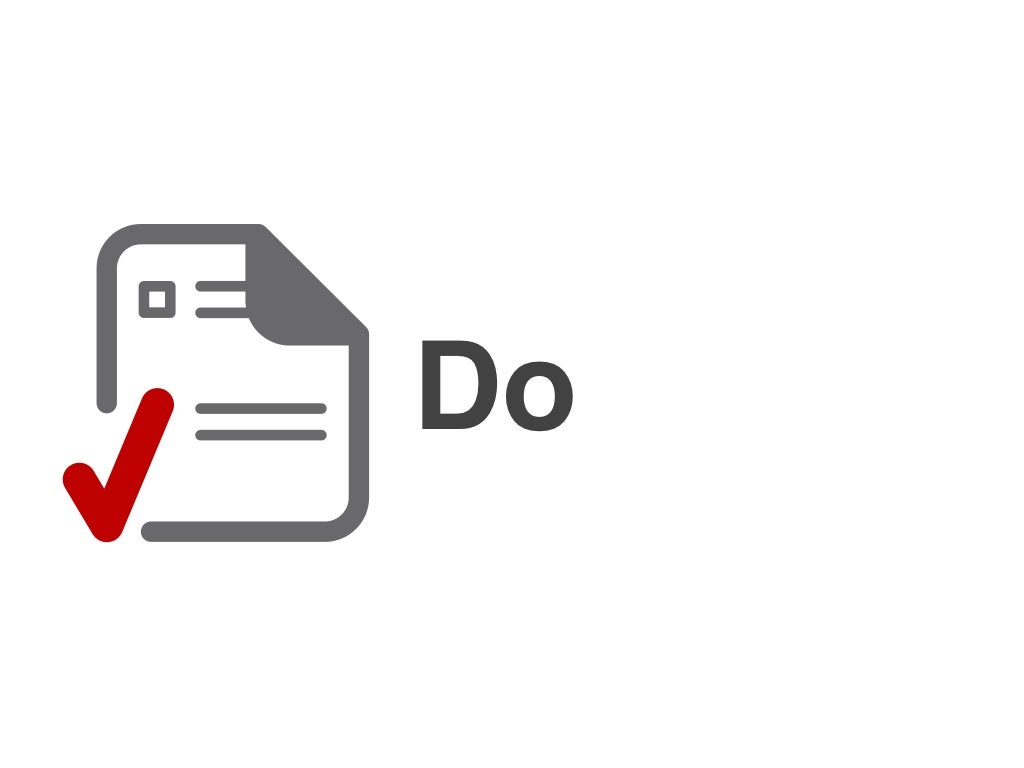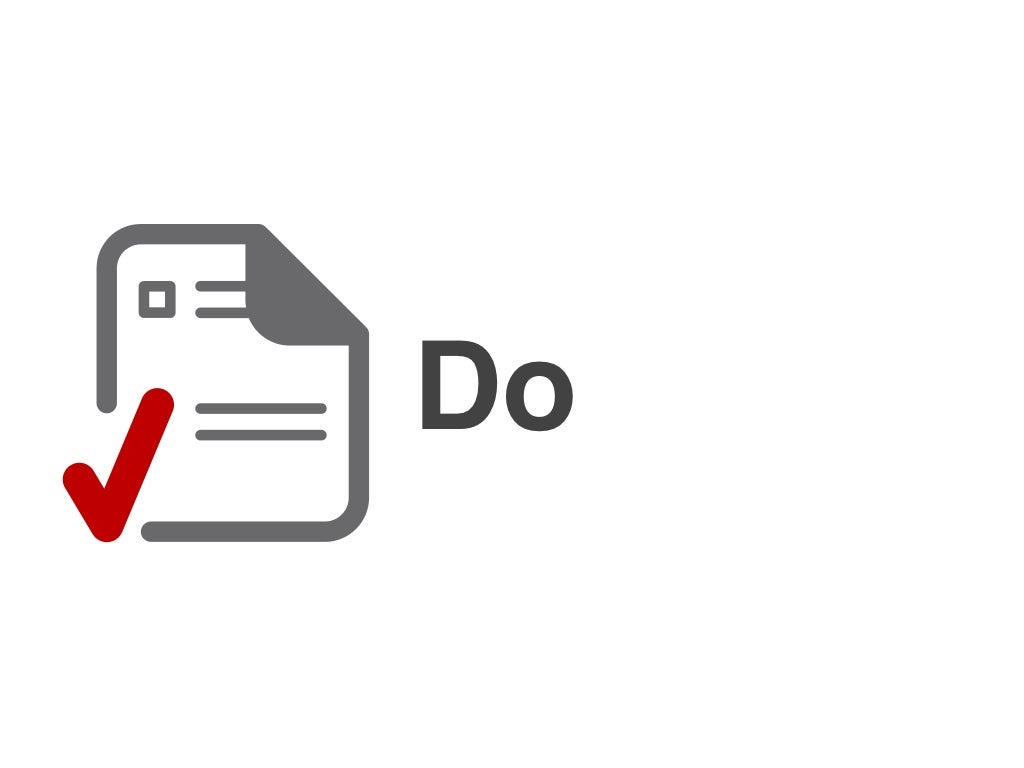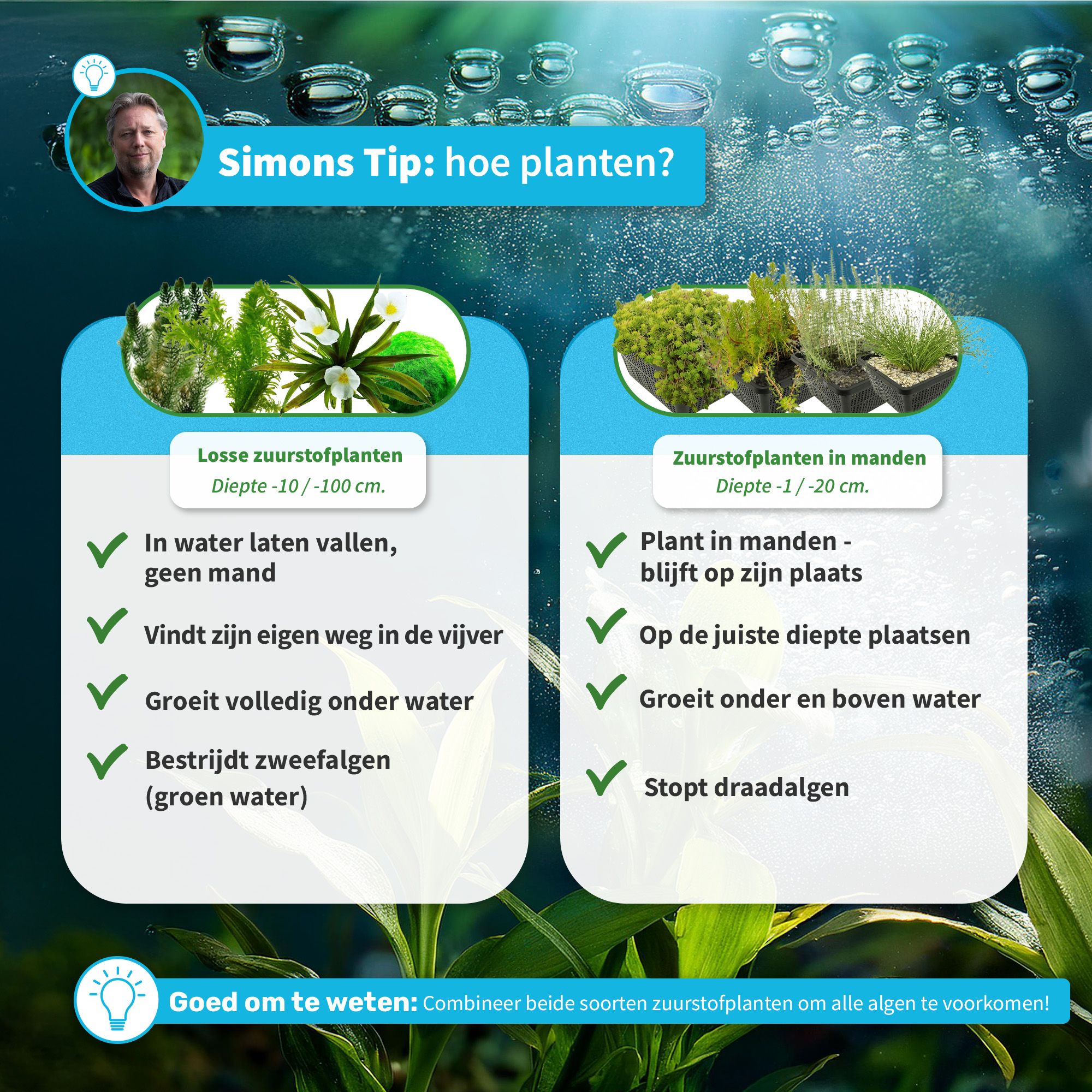Opossums as Pets: The Complete Guide to Ownership Considerations
Understand opossums as potential pets
The idea of keep an opossum as a pet much emerge from encounters with these marsupials in the wild or after see cute videos online. North America’s only native marsupial, the Virginia opossum (Delphi Virginian), have a distinctive appearance and fascinating behaviors that can make them seem like appeal companions. Nonetheless, the reality of opossum ownership differ importantly from initial perceptions.
Opossums are wild animals with specific needs that most household environments can not adequately provide. Understand their natural behaviors, legal status, and care requirements is essential before consider one as a pet.

Source: exoticpetwonderland.org
Legal considerations for opossum ownership
The legality of keep opossums as pets vary wide across the United States. In most states, own native wildlife, include opossums, is illegal without proper permits. These regulations exist to protect both the animals and the ecosystem.
States that stringently prohibit opossum ownership without wildlife rehabilitation permits include California, New York, and Florida. Some states may allow ownership with specific wildlife permits, but these typically require:
- Proof of expertise in marsupial care
- Appropriate housing facilities
- Regular veterinary inspections
- Educational or conservation purposes
Wildlife rehabilitation permits are mostly not issue for pet ownership purposes but preferably for individuals train rehabilitating injure or orphan animals for eventual release stake to the wild.
Natural behaviors and temperament
Opossums have evolved specific behaviors that make them challenging as companion animals:
Nocturnal lifestyle
Opossums are purely nocturnal, mean they’re virtually active during nighttime hours. During the day, they prefer to sleep in dark, seclude spaces. This schedule conflicts with human activity patterns, lead to potential stress for the animal and limited interaction time for the owner.
Defense mechanisms
When threatened, opossums display several defensive behaviors:
- Play dead (” play possum ” involuntary stress response
- Hiss and show teeth
- Release a foul smelling smell substance from anal glands
- Drool as a stress response
These natural behaviors can be trigger in household environments with loud noises, quick movements, or the presence of other pets.
Socialization challenges
Unlike domesticate animals that have evolved alongside humans for thousands of years, opossums remain wild animals with limited capacity for domestication. Yet hand raise opossums retain their wild instincts and behaviors.
While young opossums may seem docile and accept of human handling, adult opossums typically become more independent and less tolerant of interaction. This natural development oftentimes disappoint owners expect a permanently cuddle some pet.
Health and veterinary care
Find appropriate veterinary care for an opossum present significant challenges:
Limited veterinary expertise
Most small animal veterinarian lack training and experience with marsupial anatomy, physiology, and diseases. Find a veterinarian with opossum expertise typically require locate an exotic animal specialist, which may involve:
- Travel long distances for care
- Higher costs for specialized services
- Limited emergency options
Common health issues
Opossums are susceptible to several health conditions in captivity:
- Metabolic bone disease from improper diet
- Obesity from overfeed
- Respiratory infections
- Parasitic infections
- Dental problems
Preventative care protocols for opossums aren’t standardized like those for dogs and cats, make proper healthcare challenge yet for dedicated owners.
Short lifespan
Opossums have outstandingly short lifespans compare to traditional pets. In the wild, they typically live 1 2 years, while captive opossums with optimal care may reach 2 4 years. This brief lifespan can lead to emotional challenges for owners who form strong attachments.
Housing and environmental requirements
Provide appropriate housing for an opossum is complex and expensive:
Space requirements
Opossums need substantial space to climb, explore, and exercise. Minimum requirements include:
- A dedicated room or large enclosure (minimum 8 ft x 8 ft x 6 ft )
- Multiple levels with climbing structures
- Hide spots and nest boxes
- Temperature control (65 85 ° f optimal range )
Standard pet cages design for dogs, cats, or small mammals are inadequate for opossums’ needs.
Enrichment need
As intelligent foragers, opossums require significant environmental enrichment:
- Rotate toys and novel objects
- Forage opportunities (hide food puzzles )
- Different substrates for dig
- Climb structures that can be rearranged
- Water feature for exploration
Without proper enrichment, captive opossums oftentimes develop stereotypic behaviors indicate stress and poor welfare.
Safety considerations
Opossums are excellent escape artists with dexterous paws and strong problem solve abilities. Their enclosures must be secure with particular attention to:
- Lockable doors and latch
- No gaps larger than 1 inch
- Dig proof flooring
- Chew resistant materials
Home environments contain numerous hazards for opossums, include toxic houseplants, electrical cords, small objects that could be ingested, and household chemicals.
Dietary requirements
Opossums have complex nutritional needs that differ importantly from conventional pets:
Natural diet
In the wild, opossums are opportunistic omnivores with a diet consist of:
- Insects and other invertebrates (40 60 % )
- Small vertebrates include rodents and birds (10 20 % )
- Carrion (10 15 % )
- Fruits and berries (10 15 % )
- Plants, nuts, and seeds (5 10 % )
Captive diet challenges
Replicate this varied diet in captivity require significant effort and resources:
- Source appropriate insect protein (crickets, mealworms, etc. )
- Provide calcium supplementation to prevent metabolic bone disease
- Offer appropriate variety while maintain nutritional balance
- Avoid foods toxic to opossums (chocolate, caffeine, alcohol, avocado )
Commercial diets specifically formulate for opossums don’t exist, make proper nutrition a complex undertaking require research and consultation with wildlife nutritionists.
Social dynamics with humans and other pets
Integrate an opossum into a household with humans and other animals present unique challenges:

Source: wallpaperanimal.netlify.app
Human interactions
Opossums don’t form the same social bonds with humans that domesticate animals do. Their interactions with people typically remain base on food association quite than emotional attachment. Expectations for an opossum to:
- Enjoy cuddle or pet
- Respond to their name
- Seek out human companionship
- Learn commands or house rules
These expectations oftentimes lead to disappointment as the animal matures and display more independent behaviors.
Compatibility with other pets
Opossums and traditional pets seldom form positive relationships:
- Dogs may view opossums as prey or threats
- Cats may attack opossums or be attack by them
- Small pets (rodents, birds )may be vivieweds prey
Yet with careful supervision, the stress of these interactions negatively impact the opossum’s welfare and can lead to injury for all animals involve.
Alternatives to opossum ownership
For those fascinate by opossums, several ethical alternatives exist that support both the animals and conservation efforts:
Wildlife rehabilitation volunteering
Many wildlife rehabilitation centers welcome volunteers to help care for injured or orphan opossums. This provideshands-onn experience while contribute to conservation. Volunteer opportunities typically include:
- Feeding and enclosure maintenance
- Prepare enrichment activities
- Assist with medical treatments
- Learn about natural behaviors and needs
Support conservation organizations
Organizations dedicate to opossum education and habitat preservation offer ways to connect with these animals without keep them as pets:
- Sponsorship programs for rehabilitation centers
- Educational programs and wildlife tours
- Citizen science projects track opossum populations
Domestic pet alternatives
For those seek an unusual pet with some similar characteristics to opossums, several domesticate options exist that are legal and more suitable for home environments:
- Rats intelligent, can be selfsame affectionate, and enjoy human interaction
- Ferrets playful, social animals with engage personalities
- Sugar gliders marsupial that bond close with owners (though unruffled require specialized care )
These alternatives provide companionship while avoid the ethical and practical challenges of keep wild animals.
Ethical considerations
Beyond practical challenges, keep opossums as pets raise important ethical questions:
Wild animal welfare
Yet with optimal care, captive environments can not amply replicate the complexity and stimulation of an opossum’s natural habitat. This limitation frequently results in:
- Restrict natural behaviors like forage and territory exploration
- Limited exercise compare to wild counterparts who travel up to 2 miles nightly
- Inability to form appropriate social connections
Conservation impact
The desire for exotic pets can have unintended consequences for wild populations:
- Remove juveniles from the wild (oftentimes after mother opossums are kkill))
- Create demand that encourage illegal wildlife trafficking
- Perpetuate the idea that wild animals make suitable pets
Additionally, escape or release pet opossums can disrupt local ecosystems or spread diseases to wild populations.
Conclusion: are opossums good pets?
Base on the comprehensive examination of legal, practical, and ethical considerations, opossums mostly do not make good pets for several key reasons:
- Their legal status prohibit ownership in most locations without specialized permits
- Their natural behaviors and need conflict with typical household environments
- Find appropriate veterinary care present significant challenges
- Their short lifespan lead to repeat loss for owners
- The ethical implications of keep wild animals as pets raise serious concerns
For most people interested in opossums, support these animals through wildlife rehabilitation centers, conservation organizations, and habitat protection efforts provide more meaningful and ethical ways to connect with these fascinating marsupials while ensure their welfare and conservation in the wild.
Those seek companion animals are intimately served by choose domesticate species that haveevolvede alongside humans and aradaptedpt to thrive in household environments with appropriate care.
MORE FROM grabscholarships.de

